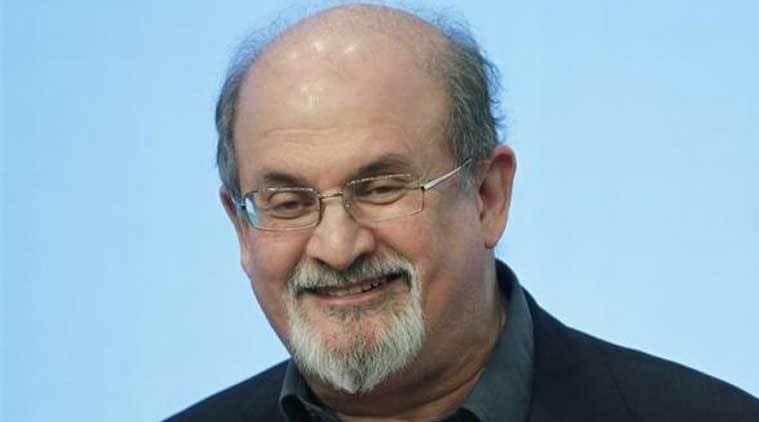
Cancer pain is a complex and challenging symptom that affects many cancer patients. Managing cancer pain effectively is crucial for the overall well-being and quality of life of individuals battling this disease. While traditional pain management methods such as medications play a significant role in alleviating pain, holistic approaches are gaining recognition for their ability to address the physical, emotional, and spiritual aspects of pain. In this article, we will explore holistic approaches to managing cancer pain, with insights from experts in the field.
The Importance of Holistic Approaches
When it comes to managing cancer pain, taking a holistic approach can provide a more comprehensive and personalized form of care. Holistic approaches consider the individual as a whole and aim to address not only the physical symptoms but also the emotional and spiritual well-being of the patient. This integrated approach can lead to better pain management outcomes and improved quality of life for cancer patients.
Benefits of Holistic Approaches
- Improved pain management
- Enhanced emotional well-being
- Increased relaxation and stress reduction
- Promotion of overall well-being
- Support for the body's natural healing processes
Expert Insights on Holistic Approaches
We reached out to experts in the field of oncology and pain management to provide their insights on the use of holistic approaches in managing cancer pain. Here are some key takeaways from our interviews:
Mind-Body Therapies
- Mind-body therapies such as meditation, yoga, and tai chi can help cancer patients manage pain by promoting relaxation, reducing stress, and improving overall well-being.
- These practices can also enhance the body's natural ability to heal and cope with the physical and emotional challenges of cancer.
Acupuncture
- Acupuncture is a traditional Chinese medicine practice that involves inserting thin needles into specific points on the body to restore balance and alleviate pain.
- Many cancer patients find acupuncture to be effective in managing cancer-related pain, nausea, and other symptoms associated with the disease and its treatment.
Massage Therapy
- Massage therapy can help relieve muscle tension, improve circulation, and promote relaxation in cancer patients experiencing pain and discomfort.
- Therapeutic massage techniques tailored to the individual's needs can provide comfort and relief while supporting the body's healing process.
Integrating Holistic Approaches with Traditional Medicine
While holistic approaches offer valuable benefits in managing cancer pain, it is essential to integrate these practices with traditional medical treatments for a comprehensive pain management plan. Collaboration between healthcare providers, including oncologists, pain specialists, and holistic practitioners, can ensure that cancer patients receive the best of both worlds when it comes to pain management.
Combining Medications with Holistic Therapies
- Combining pain medications with holistic therapies can provide a multi-faceted approach to managing cancer pain.
- Patients may benefit from the pain-relieving effects of medications while also experiencing the holistic benefits of therapies such as acupuncture, massage, and meditation.
Personalized Pain Management Plans
- Each cancer patient experiences pain differently, and a one-size-fits-all approach to pain management may not always be effective.
- Creating personalized pain management plans that take into account the individual's unique needs, preferences, and goals can lead to better outcomes and improved quality of life.
Conclusion
Managing cancer pain requires a comprehensive and individualized approach that addresses the physical, emotional, and spiritual aspects of pain. Holistic approaches, when integrated with traditional medical treatments, can offer cancer patients a well-rounded pain management strategy that promotes overall well-being and quality of life. By leveraging the insights of experts in the field and exploring a variety of holistic therapies, cancer patients can find relief and support on their journey towards healing.
